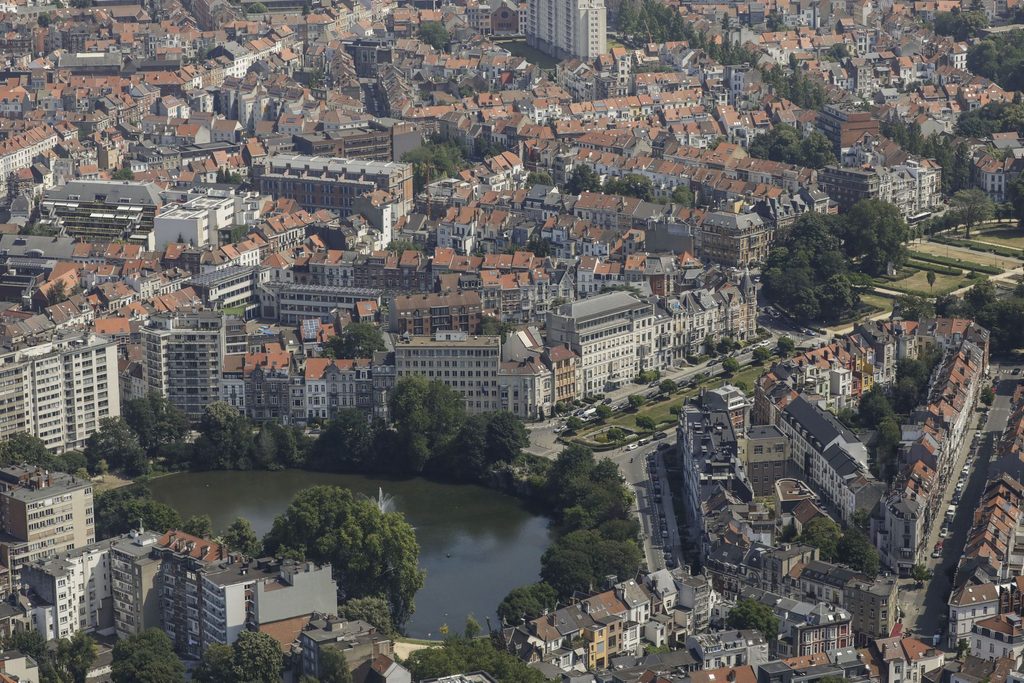Commercial activity in Brussels recorded strong growth in the last quarter of 2022, the Brussels Institute for Statistics and Analysis, IBSA, reported on Monday in its latest economic barometer.
This followed a slowdown in the previous six months, due to high inflation and the Russian invasion of Ukraine.
The institute notes further that several factors, including faltering consumer and business confidence, point to stagnation or even a decline in the growth of market activity this year.
In 2022, after a positive first quarter post-Covid rebound, non-financial market activity in Brussels contracted for two consecutive quarters, according to IBSA.
This slowdown was linked to the emergence of the war in Ukraine, which led to new constraints on international trade and pushed up the prices of commodities, especially oil and gas.
“This rise in prices and the uncertainty linked to the war have caused the confidence of Brussels consumers and producers to plunge to an extraordinarily low level,” the institute explains.
Market economic activity did, however, rise in the fourth quarter, thanks in particular to a fall in energy prices from October onwards.
Over 2022 as a whole, growth in the Brussels market sector was 5.9% compared to 2021, and 2.1% compared to 2019, a pre-Covid year. Investments in the sector also rose by 9.6% last year, but have not yet returned to pre-health crisis levels.
Looking ahead to 2023, the IBSA notes that inflation, excluding energy prices, continues to increase, while rising interest rates weigh heavily on demand for credit, and the confidence of consumers and businesses has again been faltering in recent months.
According to the institute, growth in commercial activity in Brussels could therefore stagnate, or even decline.

